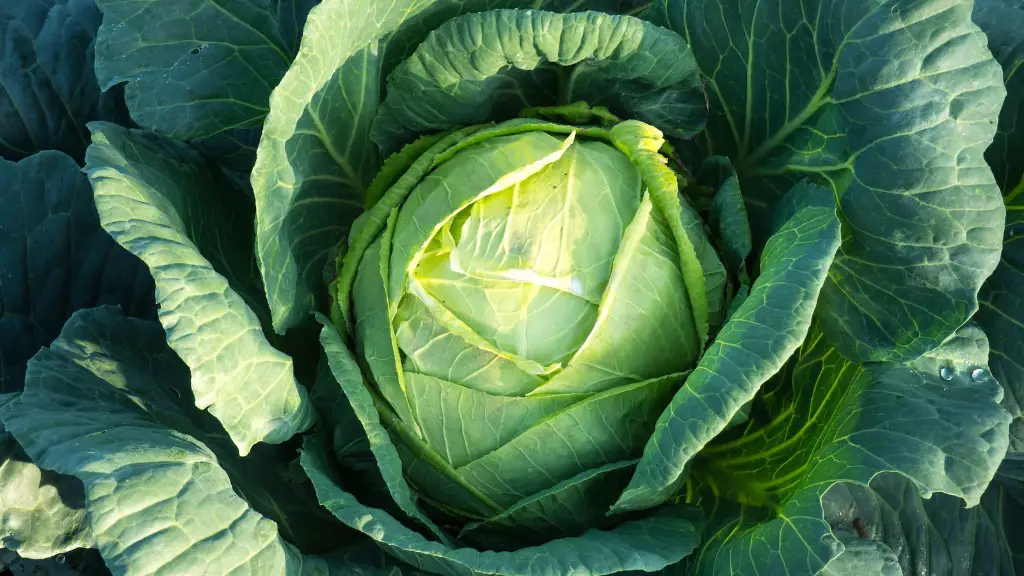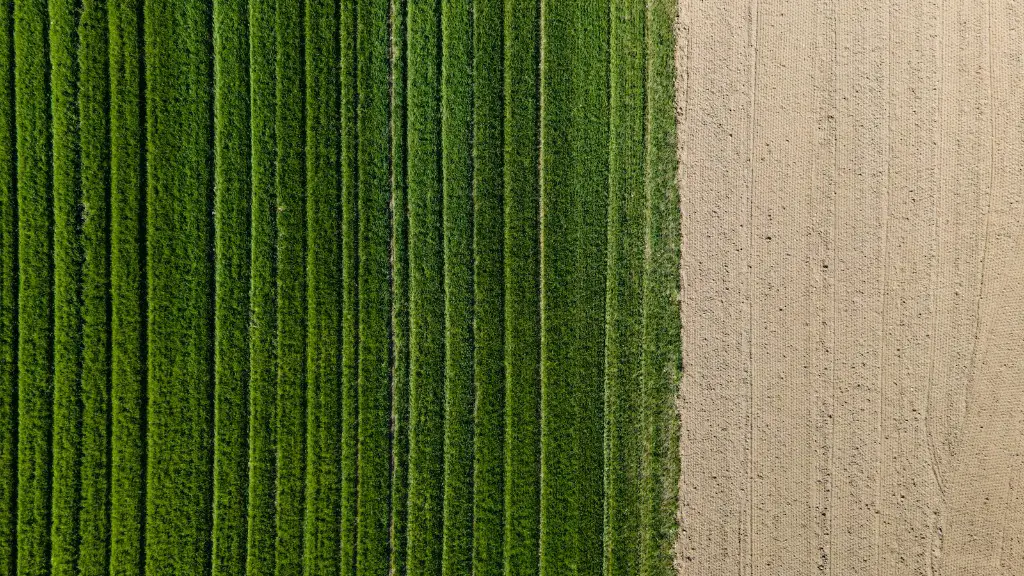The agriculture industry stands to benefit from the utilization of blockchain technology. This technology can be used to provide enhanced security, reduce operational costs, and create more efficient processes. By integrating the blockchain into existing management systems, the industry can reap these benefits and more. In this article, we will look at how the blockchain could be applied to different areas within the agriculture industry and explain why it has the potential to be an invaluable asset.
Benefits Of Blockchain In Agriculture
The most noteworthy benefits of using blockchain in agriculture include improved accuracy, transparency, and traceability. The efficiency that blockchain can introduce in terms of data recording and processing is well-known and can be utilized in a variety of applications. Transactions can be conducted securely with the help of encryption and authentication on the blockchain. Finally, it has the potential to reduce operational costs, by streamlining processes.
Applications Of Blockchain In Agriculture
The blockchain could be used in the agriculture industry for a wide range of applications including the issuance of digital certificates, traceability from farm to table, prediction of crop pricing, secure food payments, and smart contracts.
The issuance of digital certificates could enable farmers to register their land, water rights, and other resources on the blockchain, making it easier for them to secure financial credits or access insurance. The use of blockchain to trace food from farm-to-table can help reduce food fraud, as well as provide customers with data about the food they purchase.
The use of blockchain can also help predict crop prices more accurately by integrating weather and market data. This could make it easier for farmers to plan ahead and better manage their resources. Secure payments on the blockchain could also drastically reduce fraud in the food supply chain. Finally, smart contracts could be used to automate payments and reduce paperwork.
Advantages Of Implementing Blockchain In Agriculture
Implementing the blockchain in agriculture can provide a range of advantages to the industry. The most notable of these benefits is improved traceability and transparency. Blockchains allow for easy, secure, and transparent tracking of data across the entire supply chain, from farm to table. This can help reduce food fraud and increase consumer trust.
Additionally, blockchain technology can reduce transaction costs for farmers and increase accuracy and efficiency. Farmers can also benefit from the use of smart contracts, which can automate payments and reduce paperwork. Finally, blockchain-based data can be used to make more accurate predictions about crop pricing.
Risks Of Implementing Blockchain In Agriculture
Despite its many advantages, there are some risks associated with adopting blockchain in the agriculture industry. The most notable of these risks is the potential for misuse of data by criminals. As the data is stored on a public ledger, it could be vulnerable to hacking. Furthermore, the technology is still relatively new, so there may be additional risks that are yet to be identified.
In addition, there is the potential for data reliability issues. As the data stored on the blockchain is permanent and immutable, it is critical that data accuracy is maintained. Finally, there may be difficulties in ensuring compliance with relevant laws and regulations.
Challenges Of Implementing Blockchain In Agriculture
In order for blockchain technology to be successfully implemented in the agriculture industry, there are several challenges that must be addressed. Firstly, a suitable infrastructure must be in place that allows for the secure storage of data. This is especially important for data related to pricing and contracts, as accuracy is essential.
Second, technical knowledge is key for setting up blockchain technology. Those responsible for managing the platform must possess a high level of technical expertise and understand the different components. Lastly, it is important to ensure that strict protocols are in place to ensure the security and privacy of the data.
Conclusion
In conclusion, the adoption of blockchain technology in the agriculture industry has the potential to bring many benefits to farmers, consumers, and the industry as a whole. Blockchain technology can be applied to the issuance of digital certificates, traceability from farm to table, prediction of crop pricing, secure food payments, and smart contracts. However, there are some risks and challenges that must be addressed before it can be fully implemented.



